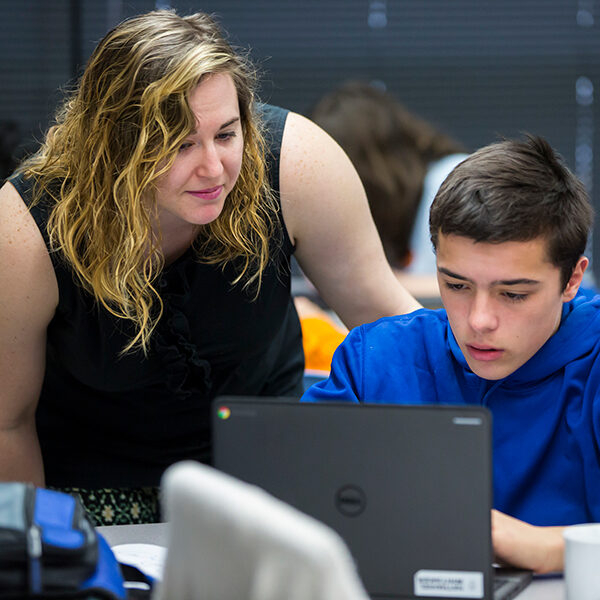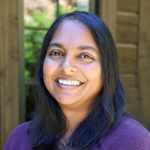
At The Learning Accelerator, we recently refreshed our Blended and Personalized Learning at Work website in anticipation of attending this year’s iNACOL Symposium as a team. Both of these activities consumed all of our cognitive resources over the past several weeks, and they also got me thinking about the influence funders have over the direction, dissemination, and adoption of research, especially when educational innovations are involved. The role of funders is directly addressed in our Measurement Agenda for Blended Learning, which specifically outlines the ways in which funders can support the generation of new evidence, the dissemination of what we know, the development of relevant competence in skills related to understanding effective practice, and the implementation of knowledge, skills, and abilities to inform new measurement and future practice.
There are a few key examples of funders that currently own this role and take the time and effort to support necessary activities (be they evidence-building, dissemination, competence-building, and/or implementation). Unsurprisingly, their initiatives look very different from one another, but they all work to advance our knowledge in the sector about if, how, and when blended learning is effectively implemented in K-12 environments. I think these are good illustrations of the Measurement Agenda “in real life” – and also demonstrate that such an agenda cannot be prescriptive to the level of activities or initiatives, since each individual, organization, and entity has different resources, levers, and perspectives that they bring to their work.
Perhaps the most prominent example of a philanthropic effort which leads with what we know is personified in Bror Saxberg and his new role at the Chan Zuckerberg Initiative. Bror’s work centers on making what he calls the “Learning Engineering” pipeline more robust – something that we describe in our measurement agenda as unifying the research and implementation cycles. To me, this is a great example of a funder, “tak[ing] an evidence-based approach to funding and implementation, and us[ing] evidence when determining which systems and policies best support effective teaching and learning.”
Similarly, the Gates Foundation convened a community of practice focused on personalized learning research. Over a couple of years, this group focused on three strands of work: knowledge management, dissemination, and capacity building. All three of these areas are also represented in our Measurement Agenda as “learning”, “dissemination”, and “competence”.
The Measurement Agenda does not only ask funders to embrace and grow innovative approaches to ensuring evidence-based practices are known and implemented, it also calls on funders to apply typical good research practice and measurement.
It is exciting to see the growth of this approach, with the development of entire organizations working to support the generation, dissemination, competence, and implementation of blended learning measurement. These range from the Jefferson Education Accelerator – dedicated to increasing efficacy studies of educational technology products; to Lea(R)n – a platform and data analysis tool committed to supporting rigorous and valid district measurement of their own ed tech implementation. The funders that support organizations like these are also advancing our Measurement Agenda.
Other, more traditional initiatives exist as well, such as the Gates Foundation’s Learning Assembly, the Student-Centered Learning Research Collaborative of the Nellie Mae Education Foundation, The Overdeck Family Foundation, and Jobs for the Future. These grants support efficacy, development, and implementation studies that will add to our understanding of what works, for whom, and why.
There is a growing movement afoot to firmly ground our blended learning instructional practice in evidence. This is the only way we can be sure that we are doing what’s best for students. TLA’s Measurement Agenda codifies the strategies necessary for different stakeholders to achieve a future in which we know if, when, and how blended learning is effectively implemented, and funders are a keystone to supporting and driving measurement and implementation.

